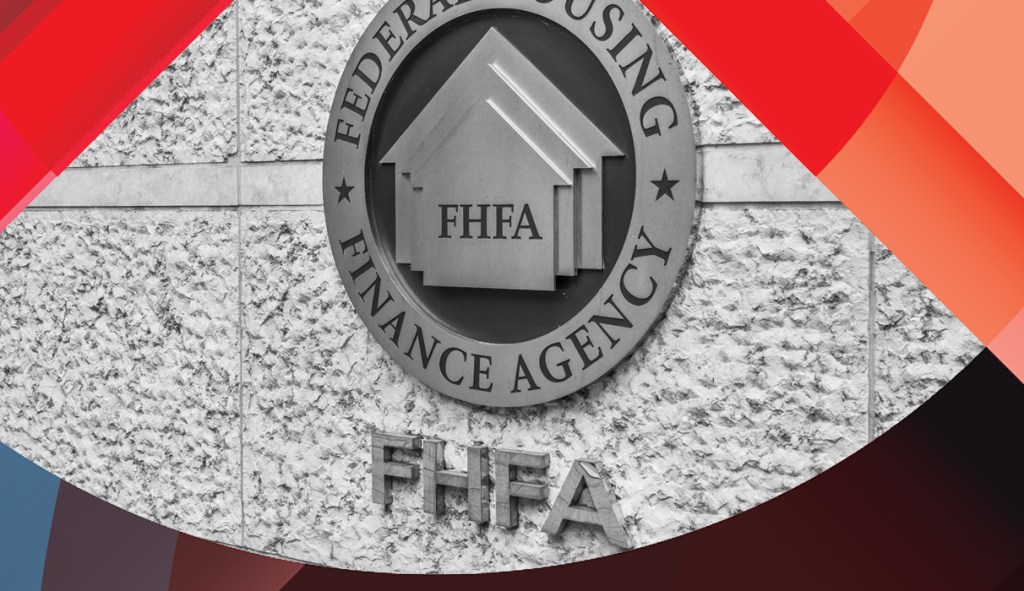
On the heels of the Federal Housing Finance Agency’s rejection of Fannie Mae and Freddie Mac’s Duty to Serve plans, a coalition of housing groups have some bold ideas for how to beef them up.
The collective, dubbed the Underserved Mortgage Markets Coalition, said that in order to be “impactful,” the government sponsored enterprises should significantly hike their purchase of manufactured housing loans. The 19 orgs also urged the GSEs to offer flexible loan products for low- to moderate-income borrowers in high-need rural areas. The group also wants the FHFA to change its policy to give DTS credit for equity investments in some federally subsidized income-restricted rental projects.
It’s a long list. And one coalition member organization questioned whether having a percentage-based goal post for the GSEs, rather than a specific target, might result in “unintended consequences.”
A Fannie Mae spokesperson said that the GSE has “engaged external stakeholders for recommendations on how we can better support these markets.”
The spokesperson said Fannie Mae was fully committed to serving the needs of homeowners and renters in underserved markets, and that it would incorporate input from FHFA and improve the plan in a safe and sound way.
Freddie Mac did not immediately respond to a request for comment.
The federal Duty to Serve regulations mandate that the Enterprises craft a plan every three years to spur affordable financing for manufactured housing, affordable housing preservation and rural housing. The first three-year Duty to Serve cycle ended in 2021.
In January, when the FHFA sent the GSEs back to the drawing board, it declined to provide specifics about the plans shortcomings. But the coalition nonetheless welcomed the news. The groups had already urged FHFA to table them three months prior.
“I applaud FHFA for rejecting the proposed DTS plans,” said George McCarthy, CEO of the Lincoln Institute of Land Policy, which convened the coalition. “If Fannie Mae and Freddie Mac adopt the modest consensus recommendations of the Underserved Mortgage Markets Coalition, that would be a win for the Enterprises, FHFA, and affordable housing in the United States.”
According to the GSEs’ current proposed plans, which are in effect even as they are revised, Fannie Mae and Freddie Mac would purchase 9,476 and 4,500-5,500 manufactured housing loans, respectively, in 2024. The underserved market coalition wants Fannie Mae to double that target, to 20,675 manufactured housing loans. The coalition is pushing for Freddie Mac to nearly triple its target, to 15,589 loans.
Currently, neither of the GSEs purchase manufactured housing loans that are titled as personal property, known as chattel loans.
Both Fannie Mae and Freddie Mac had done extensive research in preparation of launching pilot programs for chattel loans. Other federal agencies — both the Federal Housing Administration and the Department of Veterans’ Affairs — already provide financing for chattel loans. But the GSEs scrapped plans to develop chattel programs in early 2020, after the FHFA said both enterprises submitted “infeasibility requests” for their own efforts.
The coalition’s proposal called for a three year process, starting with a “rebooting” of the outreach, research, and loan product development objectives for chattel loans. By year two, the coalition said, the GSEs should start chattel loan pilots. In year three, the GSEs should be investing and purchasing loans in the chattel market.
The coalition also suggested consumer guardrails for loan products, such as making housing counseling a mandatory component of chattel loans.
According to the Consumer Financial Protection Bureau, about 42% of manufactured home loans are chattel loans. Those products typically have higher interest rates and fewer consumer protections than mortgages do.





